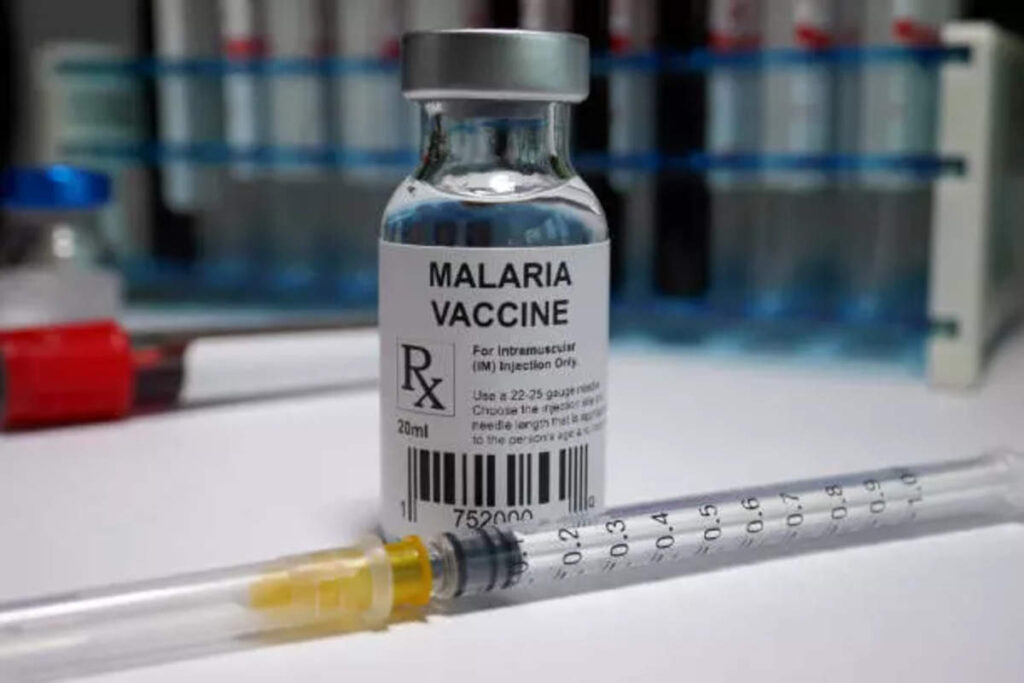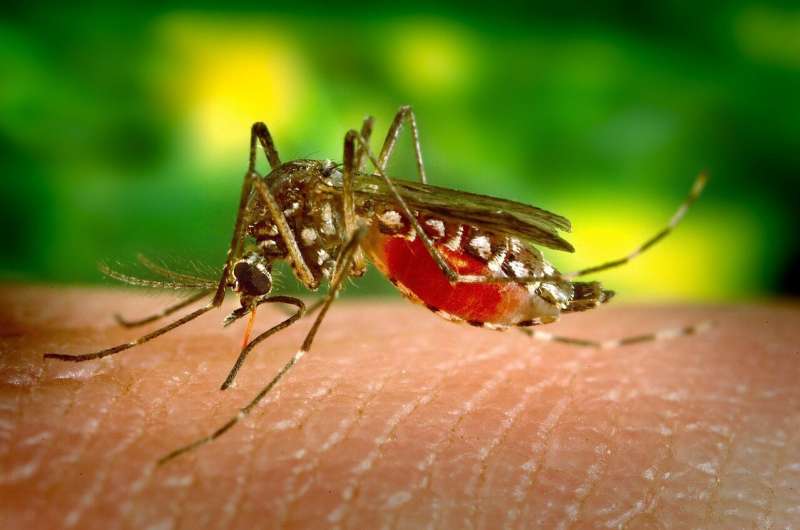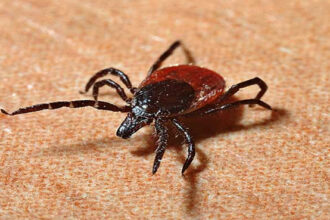
By 2040, malaria may be completely eradicated thanks to a new vaccine.
The World Health Organisation has approved a novel vaccine that researchers claim would revolutionise the fight against malaria, which claims 500,000 lives annually in Africa.
According to studies, the R21/Matrix vaccine, created by Oxford University and the Serum Institute of India, can cut malaria cases by up to 75%. It can be mass produced and produced at a low cost.
Adrian Hill, the principal investigator and director of the Jenner Institute at the University of Oxford, discussed this ground-breaking vaccination with The Conversation Weekly. The podcast’s edited snippets are included here.
By comparing the drop in malaria episodes across a year, we may estimate the efficacy at roughly 75%. The effectiveness of the best vaccine before to this was less than that over three years and around 50% over a year.
- Advertisement -
Although this is a noticeable improvement, it is not the primary one. The main distinction is in how you can produce it on the scale that is actually required to shield the majority of children in Africa who require a malaria vaccine.
A vaccination would be helpful for the approximately 40 million youngsters born each year in Africa’s malarial regions. Our vaccine requires four doses spread out over 14 months, therefore around 160 million doses are required. We can make that happen.
According to Unicef data, the prior vaccine could be produced at a scale of six million doses a year from 2023 to 2026, whereas The Serum Institute of India, our manufacturing and commercial partner, can produce hundreds of millions of doses of this vaccine per year.
The price of the vaccination is the third significant benefit. We were well aware that we couldn’t make a vaccine that cost $100. It would not be acceptable for foreign organisations to fund the procurement and distribution of the vaccine in extremely developing nations.
As a result, the pricing where we are currently will vary depending on the scale, but at big volume, it should be US$5 per dosage.
Why has creating a malaria vaccine proven to be so challenging?
Attempts to create a malaria vaccine date back more than a century. There are now approximately 100 vaccinations undergoing human clinical trials. Very few people have worked in any capacity.
Malaria is not a bacteria or a virus. It is a parasitic protozoan that is thousands of times bigger than a regular virus. How many genes it contains is a decent indicator of that. Malaria has roughly 5,500 while Covid has 13. This is one of the many complex reasons why malaria exists.
There are various parasite types, the first of which is quickly transported to the liver after being injected into the skin by a mosquito. They multiply there for a week before moving into bloodstream.
You will feel awful by the time they reach a really high parasite density. If you’re unlucky, you can also pass away, usually from brain symptoms, a coma, or extreme anaemia. The red blood cells are split open by the parasites.
The parasite then undergoes yet another mutation, this time into a form that the mosquito can acquire through its subsequent bite, continuing the life cycle by infecting another person.
So far as infectious viruses go, this is the complexity level.
There are normally four life cycles for malaria, and each one is distinct. If you can find a really effective vaccination for one of those, you can stop the spread of the disease. And that is what we have been attempting.
As the form that the mosquito inoculates into your skin, so-called sporozoites have been our focus. We’re attempting to capture it before it enters the liver and continues its life cycle.
Fortunately, there aren’t any signs of malaria at that point. Before it enters the blood and begins to grow inside your red blood cells, it is a silent infection.
Therefore, the sporozoite is a logical target to attempt to eradicate the parasite before it rapidly multiplies.












